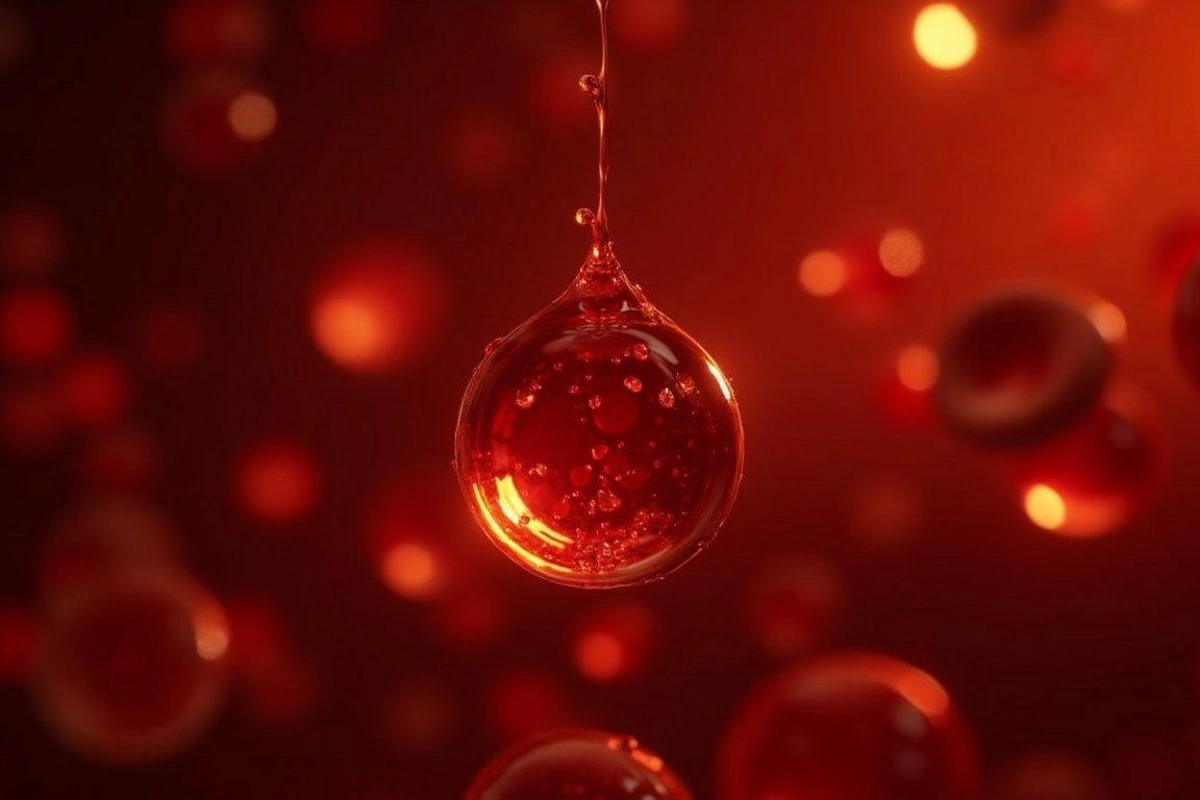Rare blood type – a special gift or a risk? How it differs from others

Blood type plays an important role in human health and well-being. Some blood types are common, while others are considered truly rare. For those with a rare blood type, this can be both an advantage and a serious risk.
Which blood types are considered rare?The rarest in the world are:
-
AB negative (AB-) – found in less than 1% of the population.
-
O negative (O-) – universal donor, but rarer than others.
-
"Golden blood" (Rh-null) – a unique blood type registered in fewer than 50 people worldwide.
-
Transfusion difficulties
People with rare blood types may face problems finding a suitable donor. This is especially true for those with a negative Rhesus factor, as compatibility with other groups is limited. -
Unique properties of the immune system
Research shows that people with rare blood types may have increased or, conversely, decreased resistance to certain diseases. For example, those with type O are less likely to have cardiovascular diseases, while those with type AB have a higher risk of immunity problems. -
Impact on health and lifestyle
Some scientists believe that blood type affects predisposition to stress, metabolic rate, and even compatibility with certain foods. For example, people with type O are often recommended to eat more protein-rich foods, while those with type B are advised to follow a balanced diet.
A rare blood type is not just a physical characteristic but also a responsibility. It's important to know your blood type, regularly check your health, and if possible, become a donor to help those who may find themselves in a difficult situation.
Similar News
Identified: 4 Simple Habits That Rejuvenate the Brain by 8 Years
About premature brain aging, people talk a lot nowadays. It is linked to the development of neurodegenerative diseases. And, naturally, many want to make their...




 Azərbaycanca
Azərbaycanca  По-русски
По-русски  English
English 





